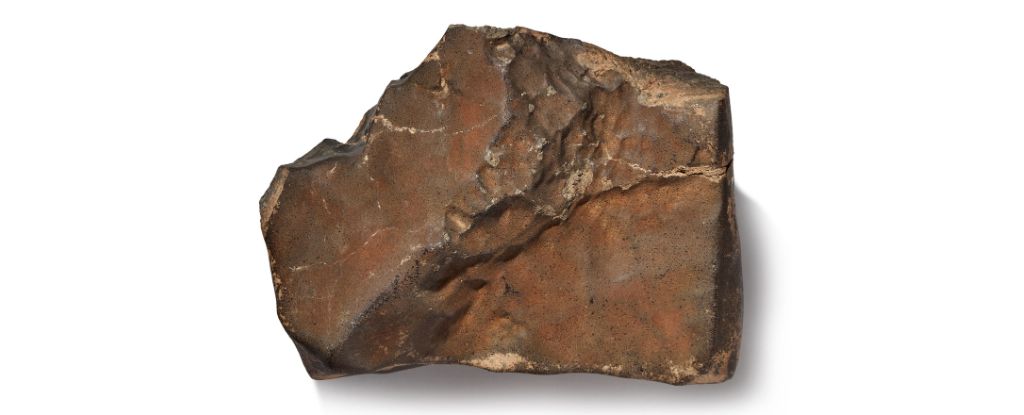
The recent auction of a Martian meteorite for a staggering $5.3 million at Sotheby’s in New York has sparked global controversy regarding its origin and ownership. This 54-pound (25-kilogram) meteorite, identified as the largest Martian rock discovered on Earth, was unearthed in November 2023 within the expansive Saharan desert in Niger. Following the auction, the Nigerien government announced plans to investigate the circumstances surrounding the sale, expressing concerns that the meteorite may have been part of illicit international trafficking.
In response to the auction’s outcome, Niger’s government has suspended exports of precious stones and meteorites until further notice. Sotheby’s has firmly denied any wrongdoing, asserting that the meteorite “was exported from Niger and transported in line with all relevant international procedure.” Despite this defense, a review of the case is currently underway, according to a spokesperson for Sotheby’s.
Legal and Ethical Implications of Meteorite Ownership
The journey of the meteorite, which traveled approximately 140 million miles through space before crashing in the Sahara, raises significant legal and ethical questions. Following its discovery, the meteorite was sold to an international dealer, briefly exhibited in Italy, and ultimately featured in the auction catalog in New York. American paleontologist Paul Sereno, who has collaborated with Niger’s authorities for several years, expressed frustration over the lack of transparency regarding the stone’s ownership. He stated, “If they had put on baseball gloves and caught the meteorite as it was hurtling towards Earth before it landed in any country, they could claim it… but I’m sorry, it landed there. It belongs to Niger.”
The ownership of meteorites is governed by various laws depending on their location of impact. In the United States, property owners have rights to meteorites that land on their land. Conversely, Niger’s laws protect “national cultural patrimony,” which encompasses rare mineralogical specimens, according to insights from Matthieu Gounelle and his father, Max Gounelle, both specialists in the regulations surrounding meteorite collection and sale. They assert, “In our opinion, there is no doubt that meteorites should be included among the rare mineralogical specimens” protected by Nigerien law.
Scientific Value and Global Heritage Concerns
Beyond the legal disputes and potential trafficking implications, the sale of the meteorite known as NWA 16788 raises critical questions regarding scientific ethics. This specimen possesses unique research value, offering invaluable insights into the geological history of Mars. Like other Martian meteorites, it is believed to have been ejected into space following an asteroid impact on the Red Planet.
“This is nature’s heritage. In many ways, it’s world heritage, and it’s telling us things about the cosmos. We should respect it,” Sereno emphasized. He argued that such meteorites should not be commodified or auctioned off for private ownership, suggesting instead that they belong to humanity as a whole.
As the investigation unfolds, the controversy surrounding the auction highlights broader issues regarding the ownership of extraterrestrial materials and the ethical responsibilities we hold towards scientific heritage. The outcome may not only impact the fate of NWA 16788 but could also set a precedent for future dealings involving meteorites and other rare geological specimens.






